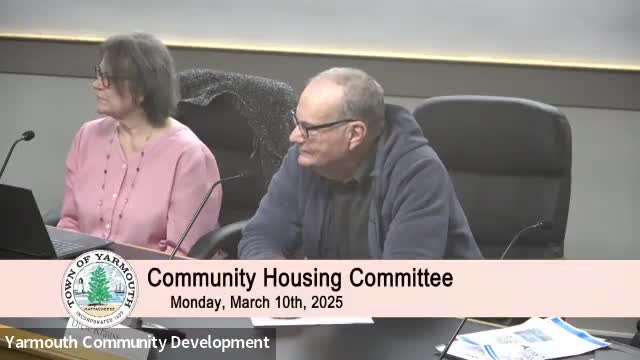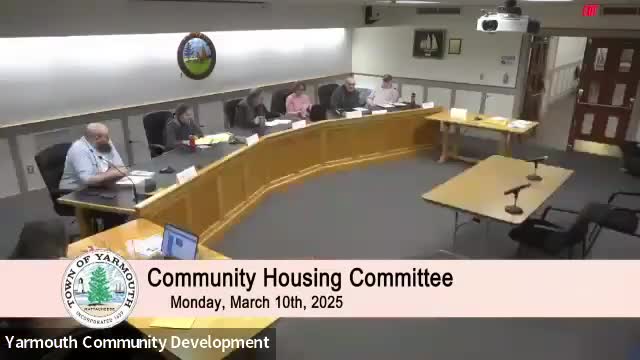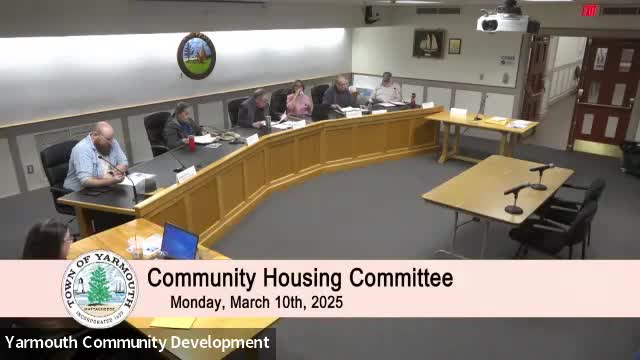Article not found
This article is no longer available. But don't worry—we've gathered other articles that discuss the same topic.

Affordable Housing Trust hires UMass Donahue Center for short‑term rental study; focus group set for March 18

Yarmouth Housing Authority expected to vote on Forest Road RFP; developers likely to see central register posting

